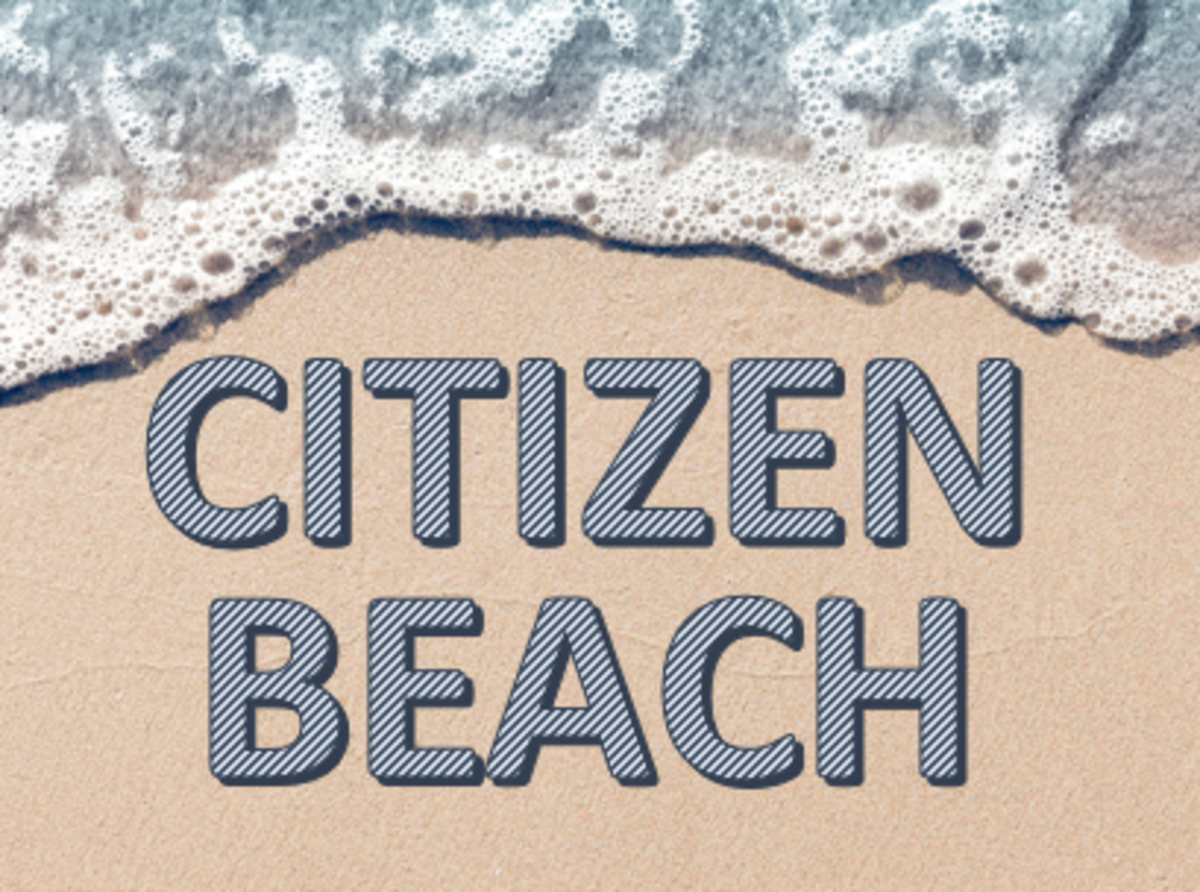In our small coastal communities—St. Pete Beach, Treasure Island, and Madeira Beach—local government should reflect the people’s will. We residents elect City Commissioners to represent our interests, advocate for our needs, and ensure that city policies align with the priorities of those who live and pay taxes here. But increasingly, a troubling pattern has become evident: a growing disconnect between the electorate and the decision-makers who shape our cities.
At the heart of this issue is the presence of a permanent bureaucracy—unelected city managers, department heads, and advisory boards—who wield considerable influence over local governance. While these individuals play an important role in ensuring continuity and administrative efficiency, they often operate with little transparency and minimal direct accountability to the voters. Decisions that significantly impact residents’ daily lives—such as permitting, zoning changes, infrastructure priorities, and local regulations—are frequently made behind closed doors, with little public input or remedy.

Us versus Them? Is the City Administration Keeping the Public on the Outside?
Even more concerning is the deference that many City Commissioners show toward this entrenched bureaucracy. Rather than acting as a check on administrative overreach, some elected officials accept recommendations from city staff without question, hesitate to challenge their authority, or, in some cases, actively work alongside them against the will of the people. Additionally, out-of-town developers are having increasing influence both within the administrative staff and on the cities’ Commissions. While developers can bring economic benefits to our communities, they can also create significant burdens for residents and taxpayers—straining infrastructure, increasing traffic congestion, and necessitating tax hikes to accommodate the changes. This dynamic creates a government more responsive to external business interests than the residents it is meant to serve.
This situation raises serious questions about who truly governs our cities. If unelected officials hold the real power and elected representatives are reluctant to assert their authority, residents are left with few avenues to influence the decisions that shape our communities. Government by the people requires that power be exercised by those who are directly accountable to voters—not by administrative bodies that function independently of public oversight.
What can be done? First, City Commissioners must remember who they serve—Residents First. We live here and are impacted most by local government decisions. We pay the taxes that support the city governments. It’s past time when the purpose of being on the City Commission was mostly for honor and prestige.
Our communities are dealing with serious problems that require serious attention, commitment, and engagement with the community.
City Commissioners should demand transparency from city staff, require robust public engagement in major decisions, and push back when bureaucratic inertia stands in the way of community priorities – such as issuing permits to rebuild our homes. Second, residents must stay informed and engaged—attending commission meetings, asking tough questions, and holding officials accountable.
The residents of St. Pete Beach, Treasure Island, and Madeira Beach deserve a government that is responsive, accountable, and transparent.
The question is: Will our elected officials step up to the challenge, or will they continue to defer to an unelected administrative state? The future of our communities depends on the answer.
